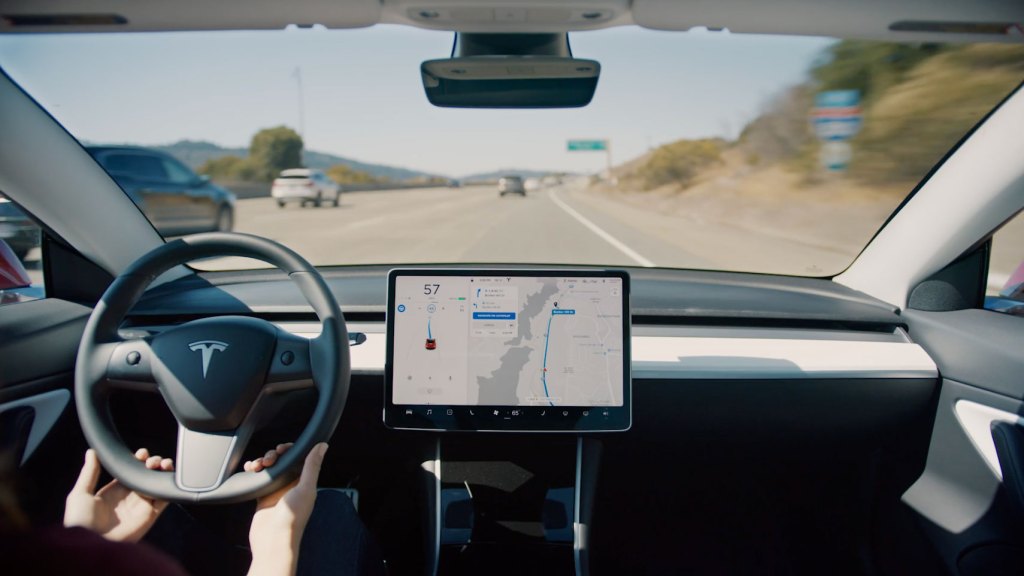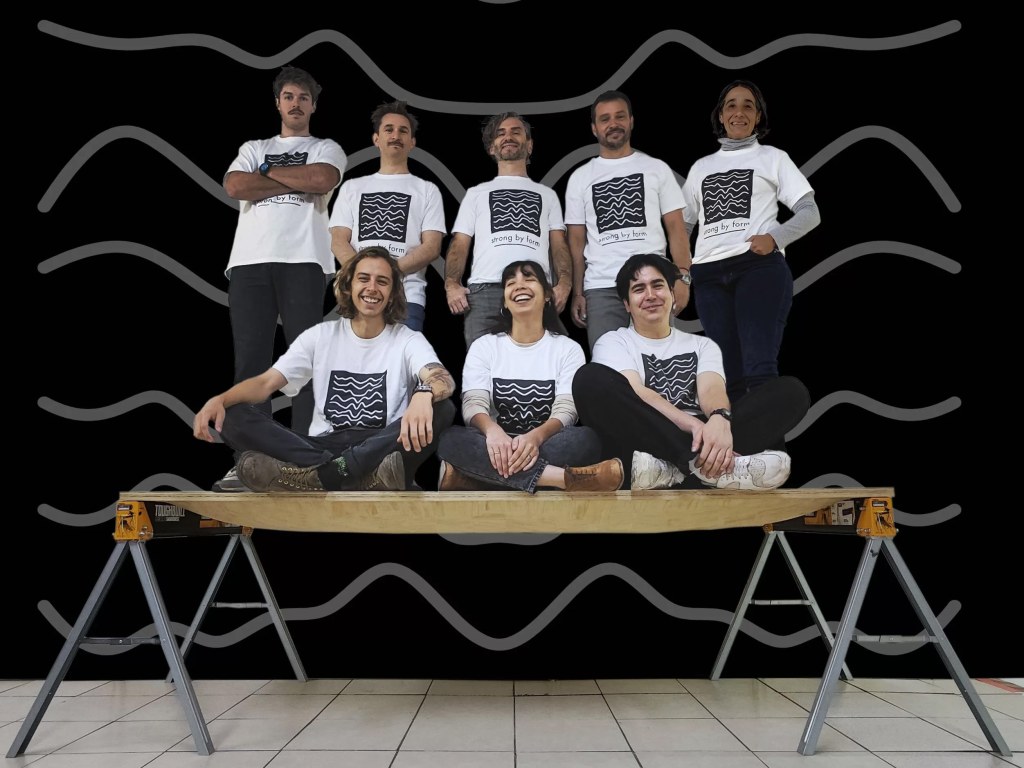Google is currently testing a significant redesign of its iconic Search homepage by replacing the longstanding I’m Feeling Lucky button with a new feature called AI Mode. This experimental addition aims to integrate advanced artificial intelligence capabilities directly into the search experience, reflecting Google’s commitment to evolving its services in line with technological advancements.
Introduction of AI Mode
The I’m Feeling Lucky button, a staple of Google’s homepage since its early days, traditionally directed users to the top search result for their query, bypassing the standard search results page. In contrast, the newly introduced AI Mode is designed to provide users with AI-generated responses to their queries, offering a more interactive and comprehensive search experience. This feature leverages Google’s advanced AI model, Gemini 2.0, to process complex, open-ended questions and deliver detailed, conversational answers.
Functionality and User Experience
When users engage AI Mode, they are presented with a full-screen interface reminiscent of a chatbot. This setup allows for natural language queries and supports follow-up questions, enabling a dynamic and exploratory search process. For instance, instead of merely listing links related to a query about planning an outdoor event, AI Mode can provide a detailed response considering factors like weather forecasts, optimal times, and necessary preparations. This approach aims to streamline the search process by synthesizing information from multiple sources into a cohesive answer.
Integration with Existing Search Features
AI Mode appears alongside existing search filters such as Images, News, and Shopping, providing users with a seamless transition between traditional search methods and the new AI-driven experience. This integration ensures that users can choose the search modality that best fits their needs, whether they prefer a list of links or a synthesized AI response.
Current Testing and Availability
As of now, AI Mode is in the testing phase and is accessible to a select group of users through Google’s experimental Labs environment. A company spokesperson confirmed to The Verge that the feature began rolling out to some users in this controlled setting. However, there is no guarantee that AI Mode will be launched publicly, as Google is likely assessing user feedback and the feature’s performance before making a broader release decision.
Implications for the Future of Search
The introduction of AI Mode signifies a potential shift in how users interact with search engines. By providing AI-generated summaries and facilitating conversational interactions, Google aims to cater to users seeking more nuanced and comprehensive answers to their queries. This development also positions Google to compete more directly with AI-driven platforms like ChatGPT, which have gained popularity for their conversational capabilities.
Challenges and Considerations
While AI Mode offers promising enhancements to the search experience, it also presents challenges. The reliance on AI-generated content raises concerns about the accuracy and reliability of information. Google acknowledges that AI-driven search isn’t infallible and cautions that overviews may occasionally contain inaccuracies, known as hallucinations in tech parlance. To mitigate risks, stricter safeguards are being implemented for health and finance-related queries in AI Mode. Additionally, the shift towards AI-generated summaries may impact web traffic to original content creators, as users might find the synthesized answers sufficient without visiting the source websites.
Conclusion
Google’s testing of AI Mode by replacing the I’m Feeling Lucky button reflects the company’s ongoing efforts to integrate advanced AI technologies into its services. This experimental feature aims to provide users with more intuitive and efficient search experiences by handling complex, open-ended queries through AI-generated responses. As AI Mode undergoes testing, its potential impact on the future of search and user interaction with information remains a focal point for both Google and the broader tech community.



